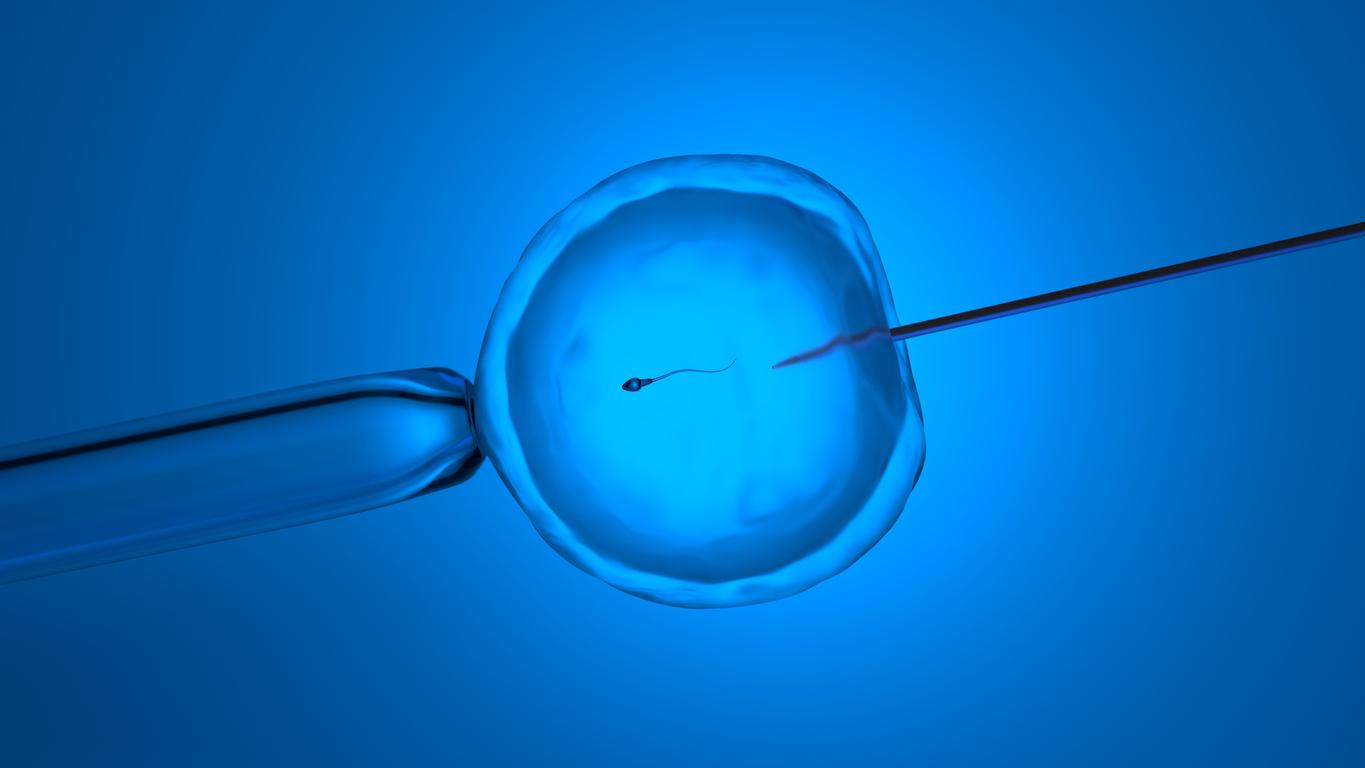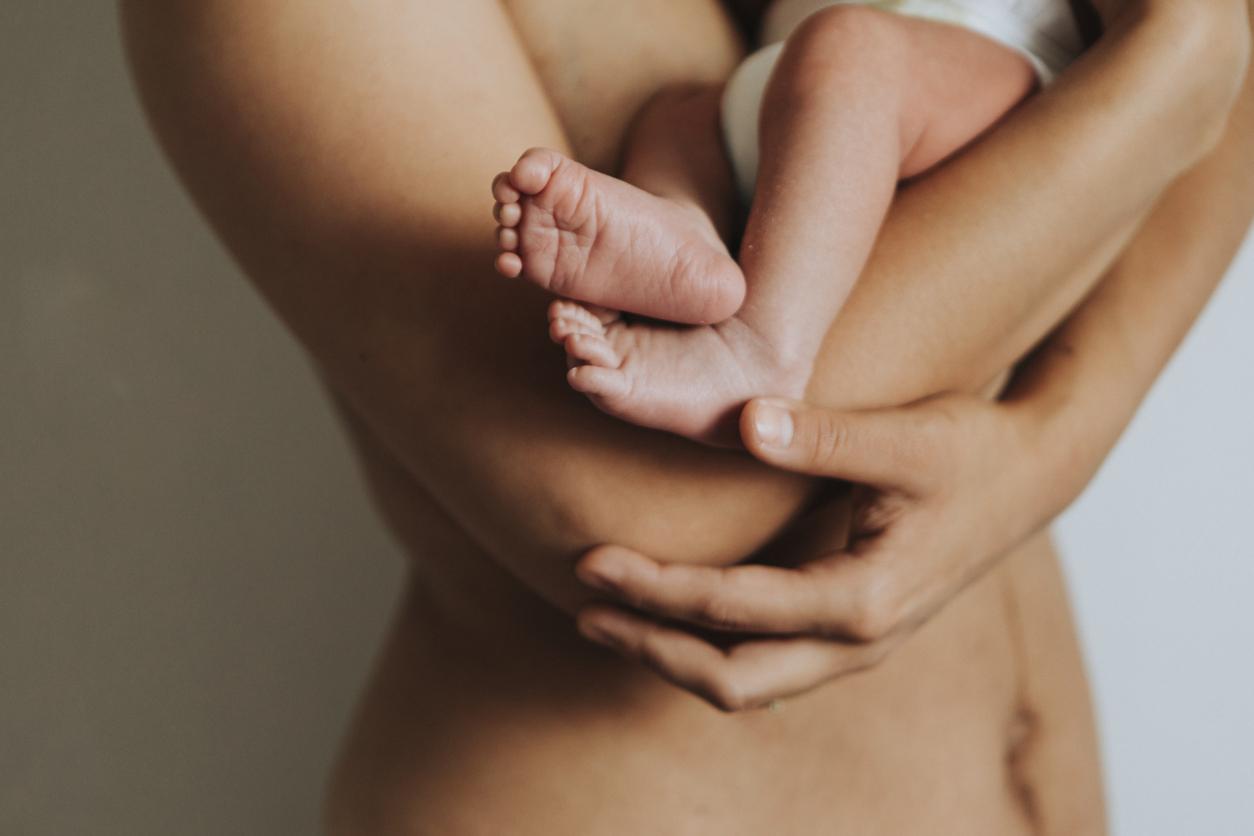When an embryo does not implant in a context of endometriosis, is this linked to a problem in the uterus or is it a “defect” in the embryo itself? Here is a question to which one of the doctors present at the GYNFOCH congress answered.

- GYNFOCH is an annual gynecological congress organized by the Gynecology, Obstetrics and Reproductive Medicine Department of Foch hospital.
- During this endometriosis awareness week, the question of the failure and success of ART in cases of endometriosis was addressed.
- “Oocyte donation, in women who have endometriosis, there is an 85% chance of a progressive pregnancy.”
“We need to talk about ovarian function (quantity and quality of the ovarian reserve). In developed countries, we can carry out genetic screening of embryos, DPIA, eexplains Professor Pietro Santulli, head of the Gynecology, Obstetrics and Reproductive Medicine department at Cochin hospital. When we do genetic screening of embryos and compare them to embryos from women who have endometriosis and embryos from women who do not, the percentage of normal embryos is identical. This is indirect evidence that the initial quality is similar.”
The specialist deciphers a recent study to provide his opinion as head of department: “Researchers in England looked at the chances of having a baby in women who have endometriosis based on the origin of the oocytes. In women who have endometriosis with their own eggs, there is a 28% chance of having a baby. In women who have endometriosis and who use egg donation, the chances of having a baby are the same. The message is that there is little or no impact on egg quality.”
“From an ovarian quantity point of view, it’s a whole different story”
“From the point of view of ovarian quantity, it’s a whole different story… Two scientists were able to demonstrate that in PMA (assisted reproduction)the AMH [hormone anti-müllérienne qui joue un rôle dans le développement et la maturation des follicules chez la femme, ndlr] is similar in women with or without endometriosis. On the other handwhen women who have endometriosis have surgery, the AMH is lower.”
But the reduction in AMH is not the only thing to take into account. “OWe did a study with women with equal AMH and we saw that women who had surgery for endometriosis responded less well to IVF (in vitro fertilization), with twice the risk of failure of response. So it’s not only a decrease in a biological parameter but also less response to stimulation which, unfortunately, is associated with less chance of having a baby. And this effect of surgery is very controversial.”
“When we look at the phenotype, and therefore the severity of the disease, in a very schematic way: superficial, small lesion, endometrioma: variable lesion, deep endometrioma: significant lesion… We observe that the chances of implantation are identical.”
Pain score and chance of having a baby: do these patients have clinical severity?
“The message we convey is that women who have a baby have the same pain scores as women who do not have a baby. This means, when we take these two studies together, that the severity, whether anatomical or clinical of endometriosis, has no impact on the chances of success in ART. But unfortunately there has to be something in the way, because otherwise it would be too good. And in work that we published a few years ago, with cumulative birth rates after four cycles of IVF in women who have endometriosis, we found an 85% probability of having a baby in these women.”
“When endometriosis is associated with adenomyosis, it is, unfortunately, no longer 85%, but 50% chance of having a baby”
“When endometriosis is associated with adenomyosis, it is, unfortunately, no longer 85% but 50% chance of having a baby. We can clearly see that what lowers the chances of success is adenomyosis associated with endometriosis.”, announces the specialist. The Professor explains that in this case, the failure could be linked to the quality of the embryo. “When the failure is due to the environment, a surgeon operates (around 43% of pregnancies after surgery). We said to ourselves, perhaps when there is a failure, it is not the endometriosis that is in the way, it is the embryo. We therefore treated these women with egg donation, and there, we had 85% of progressive pregnancies. Even better than surgery!”
As for where the problem comes from, doctors are still skeptical. “The debate remains open unfortunately… Oocyte donation in women who have endometriosis works as well as in women who do not have endometriosis, which once again confirms that probably the implantation impact of “endometriosis is minimal.”
To conclude, the Professor Pietro Santulli insists: “Endometriosis is not synonymous with infertility. There is probably no major impact on the quality of the ovarian reserve. There is certainly an alteration in the quantity of ovarian reserve, especially in relation to surgery. The endometriosis phenotype does not seem to have a major impact on the chances of success in ART. On the other handadenomyosis is surely one of the main factors in ART failure in women suffering from endometriosis.”
















